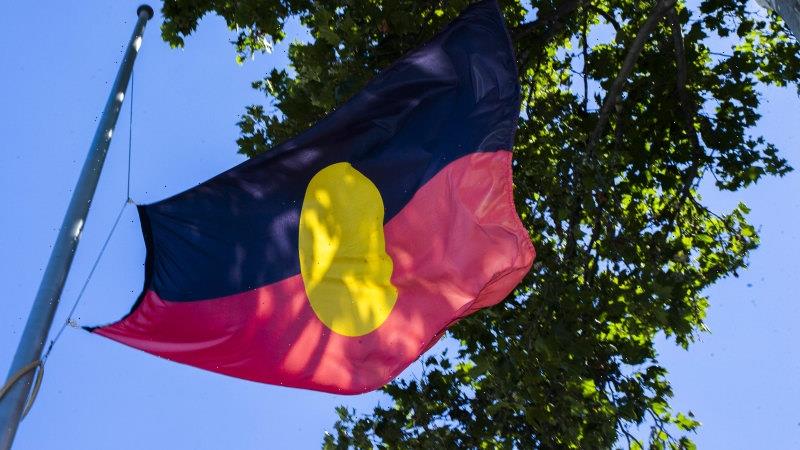A NSW government department has admitted it doesn’t have the resources to act on key reforms laid out in a review into the high numbers of Aboriginal children in the state’s child protection system.
The Family is Culture review, published in 2019, found Aboriginal children were eight times more likely to enter care by age five compared to non-Aboriginal peers.
The progress assessment was published by the Office of the Children’s Guardian earlier this month.Credit:Meredith O’Shea.
While Aboriginal people make up about 3.4 per cent of the NSW population, Aboriginal children made up 34-38 per cent of all children in out-of-home care between 2012 and 2018.
The review, led by respected Indigenous lawyer Professor Megan Davis, found the child protection system was overly complex, had a lack of cultural competency and trauma-informed approaches, and that Aboriginal people needed a seat at the decision-making table.
A report assessing the progress of key reforms prompted by the review, quietly published by the Office of the Children’s Guardian earlier this month, found that the Department of Communities and Justice was struggling to make changes it had committed to making.
"In NSW the over-representation of Aboriginal children in the child protection and out-of-home care (OOHC) system is an existential crisis that threatens the future of Aboriginal culture and community," the report said.
“Case workers on the ground often refer to it as a second Stolen Generation.”
“Overall, this review has found that the government’s progress in relation to key reforms arising from the Davis review are not meeting expectations of many stakeholders.”
The report focused on several areas, but it was particularly scathing of the rollout of an Aboriginal Case Management Policy (ACMP) aimed at helping Indigenous communities make decisions about the welfare of their families and children.
The department published the ACMP on its website in 2019, but the report found that it is still not functional in any DCJ district.
“This review has found that the ACMP cannot be implemented via existing resources as several DCJ Districts are struggling to handle existing caseloads,” the report said.
“There is a need for urgent action, better staff training and support and an injection of funding and resources to support a more effective implementation approach.”
According to the report, the DCJ admitted to the Office of the Children’s Guardian that the size and scope of the ACMP was overwhelming for its districts, and it had been given limited funding to support the initiative.
A case worker at the Department of Communities and Justice, speaking to the Herald on the condition of anonymity, said the report was staggering.
“What was quite stark … was that the department itself said that it wasn’t able to fully implement the recommendations of the Davis review,” they said.
“This is the first time that I can recall where the department itself has so openly admitted that it hasn’t got the resources to adequately do the work.”
They said funding for more case workers was urgently needed, as burnout was fuelling high rates of staff turnover and affecting their ability to help vulnerable children.
“It’s an absolute tragedy, the over-representation of Aboriginal children in the child protection system in NSW, and in my time I haven’t seen that situation improve,” they said.
“Case workers on the ground often refer to it as a second Stolen Generation.”
While the Office of the Children’s Guardian report was assessing the progress of seven reform areas of the child protection system, it did not investigate whether the 125 recommendations of the Family Is Culture review were being implemented.
The state government previously committed to addressing 101 of the recommendations, deferring the remaining 24 for consideration in 2024 when parliament is scheduled to review child protection legislation.
In a statement, a spokeswoman for the DCJ said the department took the issue seriously.
“The NSW Government is providing AbSec [the NSW Child, Family and Community Peak Aboriginal Corporation] $1.2 million over three years to support the implementation of the Aboriginal Case Management Policy. The Department of Communities and Justice (DCJ) has also recently established a Transforming Aboriginal Outcomes division within DCJ,” she said.
She also added the department provided mental health support to its frontline staff.
"DCJ provides a range of wellbeing resources and supports for all employees including the Employee Assistance Program (EAP) and wellbeing checks for child protection frontline staff as part of the NSW Government's $130 million mental health recovery package," she said.
Most Viewed in National
From our partners
Source: Read Full Article

